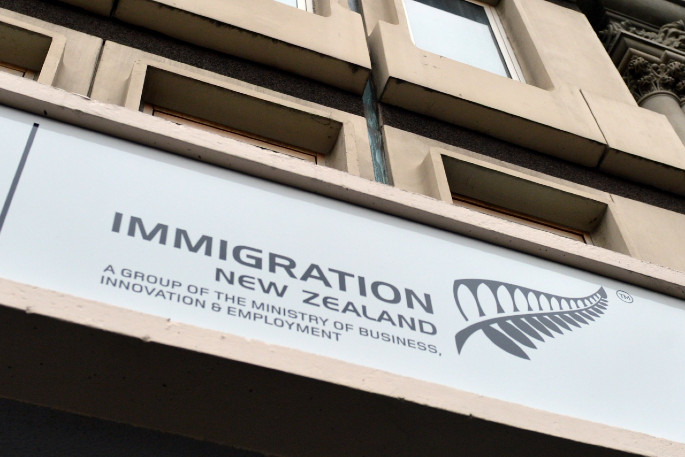Changes to the New Zealand Working Holiday Scheme have just been announced, agreed by both governments and will take effect from 1 July 2023.
The Working Holiday Scheme is one of the main sources of seasonal workers and skilled workers for New Zealand employers.
New Zealand and the United Kingdom have reciprocal working holiday schemes for citizens of their respective countries.
Working Holiday Visa (WHV) holders are an important part of our Kiwi workforce and many New Zealand employers have WHV holders working for them on a casual or fixed-term basis.
These changes will allow UK citizens to travel and work in New Zealand for longer which is good news for New Zealand businesses.
What changes are coming into effect?
Eligible age of 18-30 years extended to 18-35 years.
WHV duration extended from 23 months to 3 years – with visa holders able to apply for another visa, e.g. Accredited Employer Work Visa (AEWV), at any time, if they wish to further their stay in New Zealand.
Ability to now work for the full duration of their 3-year visa (currently limited to 12 months). Note that WHV holders are still not permitted to undertake permanent employment.
An annual cap to 15,000 UK nationals is being introduced.
What you need to know:
PROS:
Working Holiday Visa holders may commence work in New Zealand immediately. Unlike the Accredited Employer Work Visa, a Job Check is not required nor is employer support.
Open work rights – Working Holiday Visa holders can be placed at different locations and positions throughout the country without applying for a new Work Visa/Job Change/Variation of Visa conditions.
There are no Median Wage or ‘minimum guaranteed hours’ requirements.
More opportunities for experienced/skilled workers to come to New Zealand, as the age limit increases to 35 years old.
Currently they may work for a non-accredited employer, however from 2024 onwards, further changes are being introduced where an employer must be accredited to employ those on a visa.
CONS:
Some Working Holiday Visa holders may only want short-term or part-time work while travelling.
There are restrictions to the residence pathway. Employment under Working Holiday Visas cannot be counted towards the 2-year period required for the current Green List (Tier 2) Work to Residence/Highly paid/Care Workforce Work to Residence pathways. These pathways require the workers hold an AEWV during the 2-year period.
Eligibility to support visas for partners or children is limited. Working Holiday Visa holders cannot support Work Visas/Visitor Visas/Student Visas for their partners or children. Some however, may choose to apply for other visa types to enable them to do so.
Annual cap of 15,000 places means applicants will be eligible on a first-come-first-served basis.



